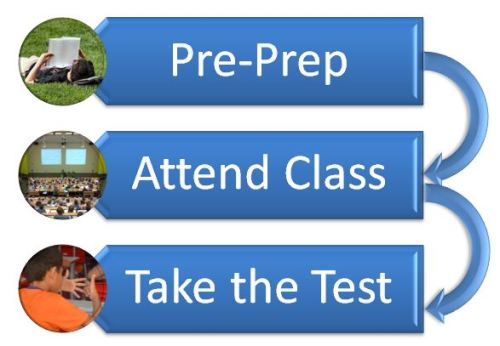 They are staring at me. Wondering when I will give them some attention. Waiting patiently for me to begin making colourful markings in green ink (my colour of choice for grading – much brighter and less harsh than traditional red ink).
They are staring at me. Wondering when I will give them some attention. Waiting patiently for me to begin making colourful markings in green ink (my colour of choice for grading – much brighter and less harsh than traditional red ink).
They are a stack of reports sitting on a shelf.
Just like everyone else, professors can come up with many reasons and many ways to procrastinate. Hey, I haven’t written a blog post in a while. I better get on that today!
When it comes to grading, the one that gets me every time is the fact that I’m just not ready to face the disappointment. Disappointment that some students didn’t do the work leading up to the testing point. Disappointment that some students didn’t bother to ask questions when they were unclear about the material. Disappointment that some students didn’t plan their time well leading up to the test/exam/paper. And ultimately disappointment that some students simply didn’t understand that effort ≠ success.
Don’t get me wrong. Some reports will be very well done. Accurate calculations will be performed, insightful comments will be made and clear and concise writing will flow.
At some point I will take a deep breath, let out a big sigh, pick up my green pen and begin the work.
The grading will get done. It always does. But it doesn’t end there.
At least one student will visit me in my office after the report is returned. Most often this student won’t ask for feedback (remember, there are lots of colourful marks on the paper) but will let me know that she just doesn’t understand her grade because she tried really hard.
What does “trying hard” mean anyway? And what does “trying hard” have to do with success or a good grade?
The bottom line is that “trying hard” (whatever that means) doesn’t equal academic success. Just because a student thinks she worked hard doesn’t mean she deserves an A.
How would you define “trying hard” anyway?
- Does it mean doing what is required (and only what is required)?
- Does it mean time spent on the task?
- Does it mean being resourceful when problems arise (like asking questions, doing internet research, hiring a tutor, etc.)?
- Or does it mean something else?
For the past number of years I have used an activity at the start of one particular course to help my students “recalibrate their excellence meters” (thanks to Keith Starcher for his article on this activity). The activity forces the class to think about what success means and how it relates to “trying hard”. Here’s what happens.
At some point during the normal introduction of the course I ask the class for volunteers to participate in a standing long jump competition. I don’t actually teach phys. ed. by the way (I’m actually an accountant by training). Most students look a little alarmed at first but then seem to warm up to the idea of doing something different. I have at least six volunteers – three jumpers and three “coaches”, discuss their strategy for jumping the farthest before the competition begins. Some teams decide that stretching first is a good idea. Others decide that taking off their shoes will help them out. Some take a few practice jumps and others take off heavy layers so they won’t be weighed down.
Then the competition begins. There are usually lots of laughs and smiles. I proceed to mark where the jumpers land and eventually send everyone back to their seats. Instead of announcing the obvious winner I say something like “Although some students jumped farther than others, I believe that everyone put in a great effort. Everyone tried hard so we will award a gold medal to everyone. What do you think?”.
Most of the time the students protest this idea. The one year this didn’t happen I was shocked but maybe more on that another time. The discussion that follows is often about how success is defined in sports and then how that definition carries over to success in the classroom. The class always reaches the conclusion that although everyone “tried hard”, clearly one student jumped the farthest and therefore is the winner.
I conclude this discussion by encouraging the class to focus on figuring out how to produce excellent RESULTS rather than being content with the illusion that so-called excellent EFFORT is enough.
photo credit: <a href=”http://www.flickr.com/photos/robert_voors/775781834/”>Robert Voors</a> via <a href=”http://photopin.com”>photopin</a> <a href=”http://creativecommons.org/licenses/by-nc-nd/2.0/”>cc</a>









